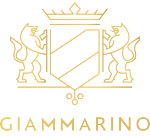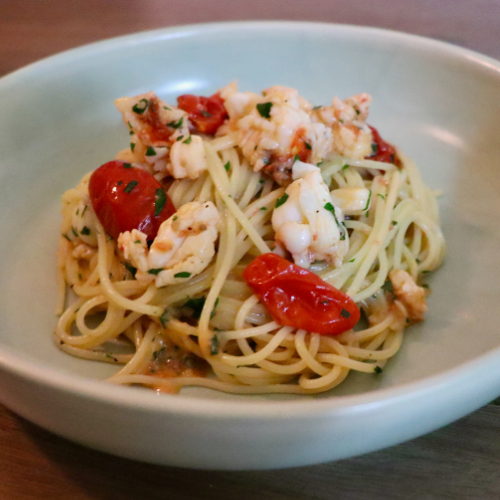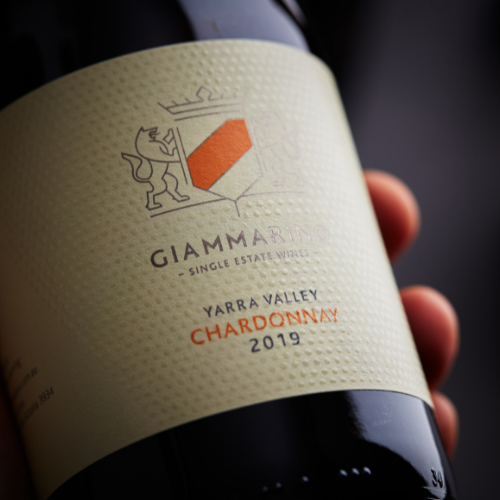Pasta con aragosta e pomodorini | Pasta with crayfish and cherry tomatoes
Serves 4
Ingredients:
2 crayfish tails (1/2 crayfish tail per person), peeled and diced into 2cm pieces
2 cloves of garlic finely chopped or crushed
1 punnet of ripe cherry tomatoes cut in half
3 tbsp extra virgin olive oil
350g spaghetti
125ml white wine
200ml double cream
3 tbsp roughly chopped Italian parsley
Method:
The key to this dish is to have the pasta ready at the same time as the crayfish and sauce.
Prepare all ingredients prior to starting to cook.
Boil a large pot of salted water. Add pasta and cook as per the instructions on the packet.
Heat oil in the pan on medium/high head. Add garlic and stir until aromatic and just cooked. Do not allow it to burn. Throw in tomatoes and stir for a minute, then add crayfish and stir to combine. Stir for 2 minutes until just cooked. Add white wine to the pan and reduce slightly. Add in double cream and stir through.
Drain the pasta and pour into the pan along with the parsley. Toss through gently, season with salt (if required) and freshly ground black pepper serve. Once plated, add a drizzle of quality extra virgin olive oil.
Whilst some may protest, we do add a little quality shaved parmesan.
Continue reading


